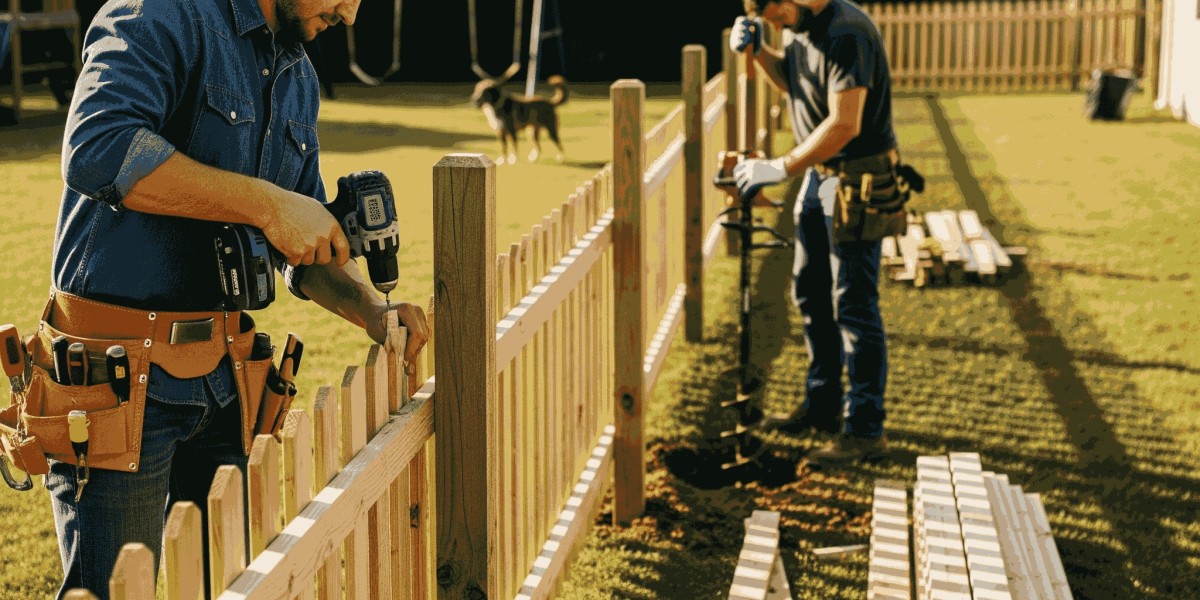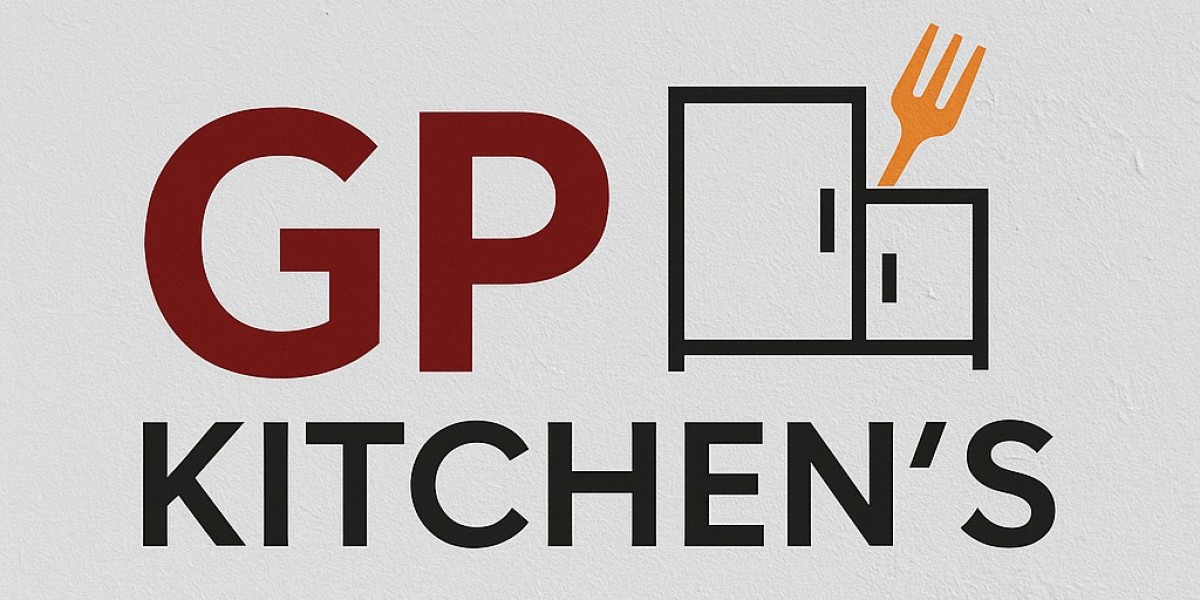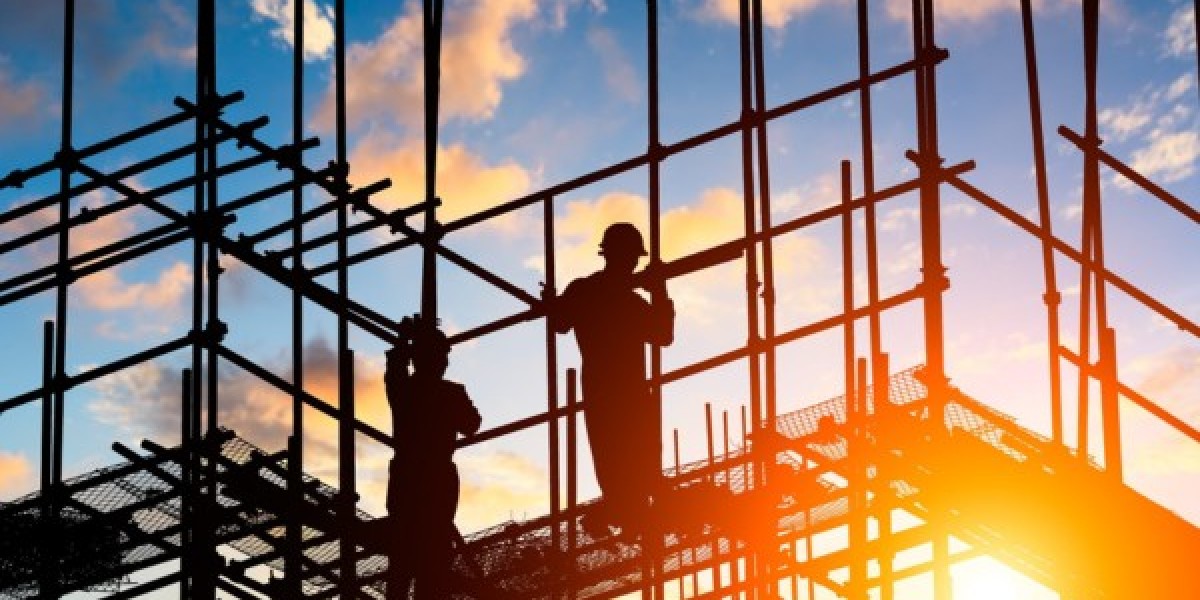If you are a homeowner, landlord, or property manager, at some point you may have searched for fence installation near me to enhance your property’s privacy, security, and curb appeal. A well-built fence not only defines your boundaries but also adds value to your home while offering protection. Whether you are looking for wooden fencing for a classic touch, vinyl for low maintenance, or metal fencing for durability, choosing the right service is crucial.
In this article, we will cover everything you need to know about fence installation, from the types of fences available to the factors to consider when hiring professionals.
Why Install a Fence?
Fencing is not just about creating a boundary; it serves multiple purposes. Some key reasons include:
Privacy – A fence provides a private space for you and your family to enjoy without interference from passersby.
Security – A sturdy fence helps protect your property from intruders, trespassers, and even wild animals in rural areas.
Aesthetics – Fencing can dramatically improve the appearance of your property, complementing your landscape and home design.
Property Value – A properly installed fence adds value to your property, making it more attractive to buyers.
Safety – For homes with children or pets, a fence creates a safe and enclosed environment.
Popular Types of Fences
Before deciding on installation, it’s important to know the different options available:
1. Wooden Fences
Wood is one of the most popular materials. It offers a natural look, can be stained or painted, and is relatively affordable. With proper maintenance, wooden fences can last for years.
2. Vinyl Fences
Vinyl fences are durable, weather-resistant, and low-maintenance. They don’t require painting and can withstand harsh climates, making them a cost-effective long-term option.
3. Chain-Link Fences
If budget and security are your primary concerns, chain-link fencing is an excellent choice. Though not the most stylish, it is functional, durable, and commonly used for both residential and commercial properties.
4. Metal Fences (Aluminum & Wrought Iron)
Metal fences are strong, elegant, and durable. Wrought iron adds a luxurious appeal, while aluminum is lightweight and rust-resistant. These fences are ideal for enhancing aesthetics without compromising security.
5. Composite Fences
Made from a mix of wood fibers and plastic, composite fences combine the beauty of wood with the low maintenance of vinyl. They are durable and eco-friendly but can be more expensive upfront.
Things to Consider Before Fence Installation
When planning for a fence, you should keep the following factors in mind:
Purpose – Are you installing a fence for security, privacy, aesthetics, or pet safety? Your purpose will determine the material and design.
Local Laws & HOA Rules – Always check city regulations and Homeowners Association guidelines before installing a fence. Some areas have restrictions on height, materials, or placement.
Budget – Consider not just the upfront installation costs but also long-term maintenance expenses.
Climate – If you live in a rainy or humid area, opt for materials resistant to rot and rust.
Design – Choose a style that complements your home’s architecture.
Maintenance – Some fences require regular upkeep, while others are virtually maintenance-free.
Hiring Professionals for Fence Installation
While DIY fencing is an option, hiring professionals ensures quality, durability, and compliance with local codes. When looking for fence installation near me, keep these points in mind:
Experience – Choose a company with a strong track record in fencing projects.
Reputation – Read customer reviews and ask for references. A reputable installer will have positive feedback and proof of past work.
Materials – Ensure the contractor uses high-quality materials suited to your environment.
Warranty – Reliable companies often provide warranties on both labor and materials.
Cost Transparency – Get detailed estimates with no hidden charges. Compare multiple providers before finalizing.
Timeline – Ask about project duration and ensure it fits your schedule.
Cost of Fence Installation
The cost of fencing varies depending on:
Material – Wood is generally affordable, while vinyl and wrought iron are on the higher end.
Length & Height – The more extensive your fencing project, the higher the cost.
Labor Charges – Professional installation charges differ based on region and expertise.
Customization – Decorative designs, gates, or special finishes may add to the expense.
On average, fence installation costs can range from $15 to $50 per linear foot, depending on the factors mentioned.
Maintenance Tips for Long-Lasting Fences
Wood Fences – Seal or paint regularly to prevent rotting and weather damage.
Vinyl Fences – Wash occasionally with soap and water to keep them clean.
Metal Fences – Inspect for rust and repaint when necessary.
Chain-Link Fences – Keep them free of vines and vegetation to avoid weakening.
General Care – Check for loose panels, broken posts, or leaning sections and fix them promptly.
Final Thoughts
Installing a fence is one of the best investments you can make for your property. It provides privacy, safety, beauty, and increased value. From wood to vinyl, metal to composite, there is a fencing option to fit every budget and style.
If you are planning a new fencing project, consider your needs, research materials, and hire professionals to ensure quality results. Taking the time to choose wisely will save you from unnecessary expenses and repairs in the long run.
A fence is not just a boundary; it’s an extension of your home’s personality. With the right planning and expert installation, your property will enjoy improved security and appeal for years to come.







